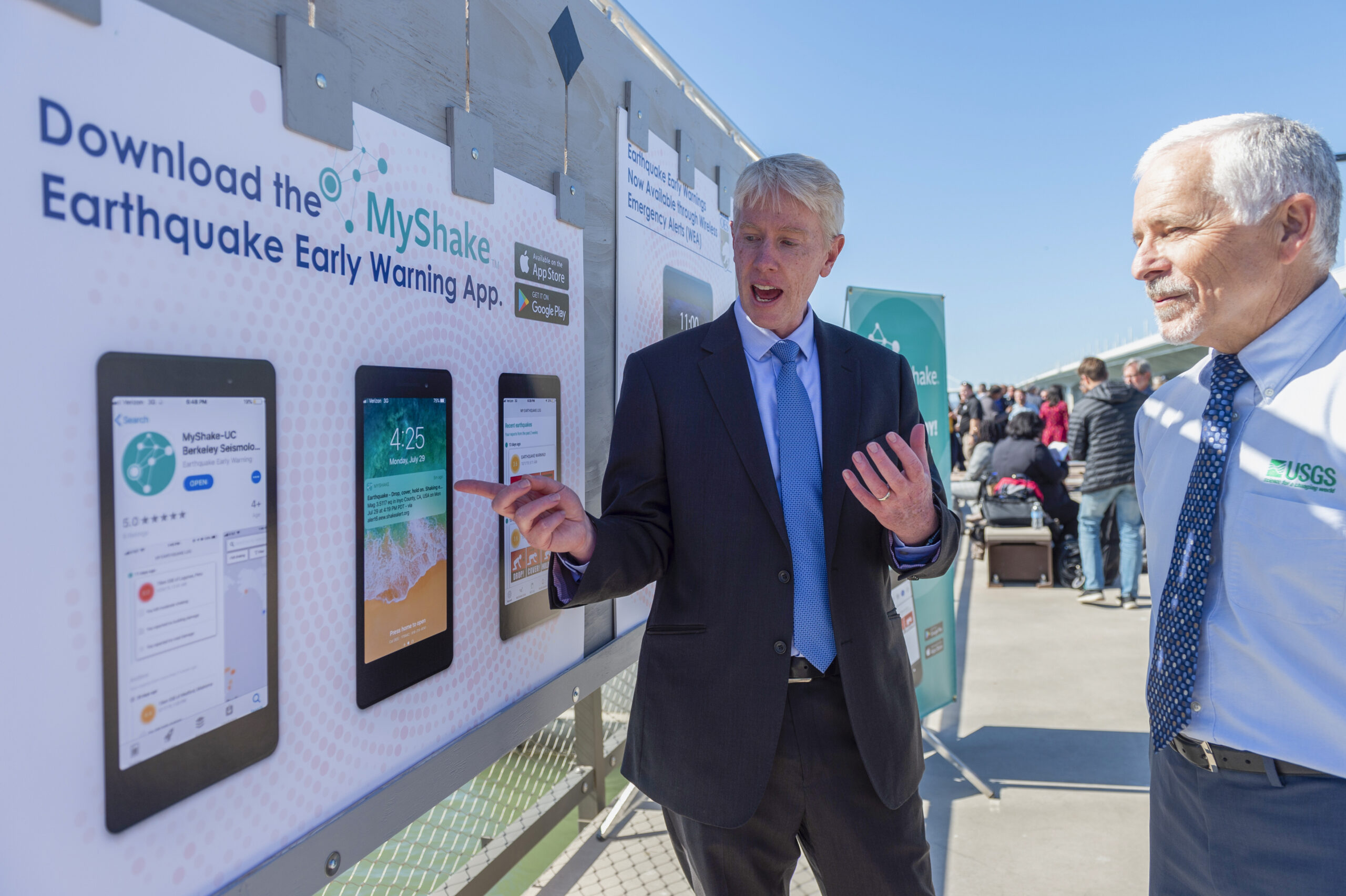Berkeley to lead ‘Innovation Hub’ helping turn basic research into innovative businesses
The NSF grant will fund training at eight universities across the West Coast aimed at bridging the “valley of death” between academia and entrepreneurship.

Sipa USA via AP
October 30, 2024
Picture this hypothetical: Another cutting-edge discovery happens in a laboratory beaker or on a computer screen crisscrossed by lines of code. Researchers agree it’s a big leap with real-world applications, but when it comes time to turn the published scientific paper into a business plan, they’re unsure of next steps or what use cases for their invention exist on the market.
It’s this disconnect between research and commercialization — colloquially known as “the valley of death” — that UC Berkeley, in conjunction with partners at eight public universities, will address over the next five years thanks to a $15 million grant from the U.S. National Science Foundation (NSF). The grant will fund regional trainings and new instructors as well as program expansion and outreach through affiliates, helping broaden the hub’s overall impact.
“We’re excited to apply Berkeley’s expertise in basic research and entrepreneurship to push innovation forward all along the West Coast,” said Chancellor Rich Lyons, the principal investigator on the project in his former capacity as dean of the Haas School of Business.
Berkeley will serve as the lead institution for the newly organized NSF Northwest Region Innovation Corps Hub, which includes UC Davis, UC Irvine, UC San Francisco, UC Santa Cruz, Oregon State University, University of Alaska Fairbanks and the University of Washington. As the world’s top producer of venture capital-funded startups founded by undergraduate alumni, Lyons added, Berkeley is perfectly poised for this role.
Since the NSF’s Innovation Corps (I-Corps) program began in 2011, nearly 8,000 people have received training on how to commercialize their research, and almost half of participating teams have launched startups. Those new businesses have generated more than $3 billion in funding.
Berkeley became involved in the program in 2013, and in that time, it has generated success stories like that of early-warning earthquake app MyShake, created by Berkeley Seismology Lab director Richard Allen and then-PhD student Qingkai Kong. The I-Corps program helped them figure out how to partner with the California Governor’s Office of Emergency Services to keep the app’s important public safety features free for all consumers.
The I-Corps curriculum centers around “customer discovery” lessons like these. Rhonda Shrader, the executive director and lead instructor of I-Corps at Berkeley, helped establish the Bay Area I-Corps program along with Lyons and S. Shankar Sastry, Berkeley’s former dean of engineering.
“This methodology is applying the scientific method to business,” Shrader explained. “You’re just making guesses and hypotheses about who cares, how much do they care, why do they care… It’s rarely what you think it is on your first guess.” As part of the I-Corps curriculum, participants must complete many interviews with potential customers and industry stakeholders to understand their needs and use cases. Then they share their learnings with other teams in their cohort.
“This methodology is applying the scientific method to business.”
Rhonda Shrader
The Northwest Region Hub aims to expand access to this training. Different institutions will offer classes focused on specialized research areas, such as human health for Berkeley, UCSF and UW or agricultural technology for OSU and UCD. Because classes are virtual, the program intends to make this education accessible to participants living in locations far from its primary campuses, from remote corners of Alaska to California’s Central Valley. And to ensure the program is sustainable long-term, part of the NSF funding will go toward studying what factors make a learning environment a hotbed for applied research.
The ultimate goal, said Shrader, is to unlock the commercial potential of research. Across California and the Northwest, she said, “It’s going to bring more opportunity, security and prosperity to everyone.”
An earlier version of this story stated that MyShake provided data to insurance modelers to fund the app. That was incorrect, as MyShake’s privacy policy precludes commercial data sharing.